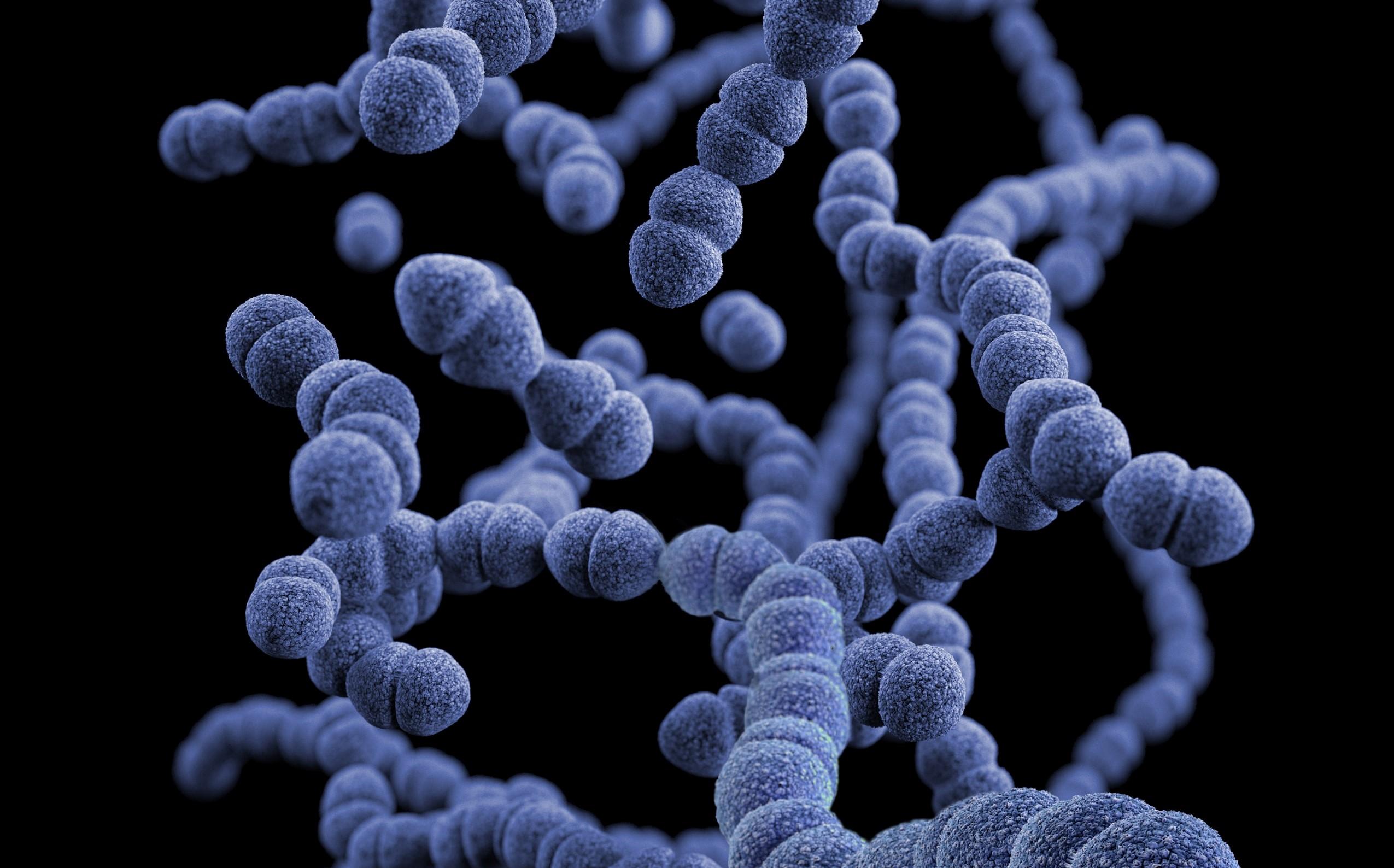
We all rightly dread dengue, the viral disease that is endemic in India and many other countries. Now, a tiny “good bacteria” — Wolbachia — has joined the battle to curtail the spread of dengue infections.
A joint study conducted by the World Mosquito Programme (WMP) at Australia’s Monash University and Indonesia’s Gadjah Mada University has concluded that infecting mosquitoes with Wolbachia bacteria cuts dengue spread by 77 per cent and hospitalisation by 86 per cent.
The study began in 2017, and its trial results were published by the New England Journal of Medicine in June 2021.
“As a part of the study, our team introduced mosquitoes with Wolbachia across Indonesia’s Yogyakarta,” said the WMP. “Now they are rigorously evaluating the impact of Wolbachia on the transmission of dengue and other mosquito-borne diseases.”
The WMP said that its members were “breeding the good mosquitos”. Its aim: to release as many Wolbachia mosquitoes as possible in a place.
When mosquitoes carrying dengue mate with mosquitoes carrying Wolbachia, the “baby mosquitoes” are only Wolbachia. Thus their bites won’t infect people with dengue.
At least, 400 million cases of dengue fever occur across the world every year, as per the US Centers for Disease Control and Prevention. Concern regarding the spread and fatality of the disease has also been raised by the World Health Organization (WHO). People across 129 countries are vulnerable to dengue. An estimated 96 million symptomatic cases and an estimated 40,000 deaths are caused by dengue every year, according to the WHO.
The WMP’s ‘Wolbachia method’ project operates in 11 countries, including Sri Lanka, Indonesia, Vietnam, Australia, Fiji and Mexico.
“We use safe and natural bacteria called Wolbachia to prevent the transmission of mosquito-borne viral diseases such as dengue, Zika, chikungunya and yellow fever,” said the WMP.
“Since releasing the first Wolbachia mosquitoes in 2011, evidence from international pilot studies shows that we can use Wolbachia more broadly to decrease the risk of Aedes aegypti mosquitoes transmitting viruses. Multiple trials in various locations demonstrate that our method is a safe and effective way to help prevent the spread of diseases across entire cities and regions.”
The WMP’s “Wolbachia method” operates by building partnerships with local governments and communities. “In areas where Wolbachia is self-sustaining at a high level, monitoring shows that virus transmission is greatly reduced,” said the WMP. “Our measured impact is consistent with local elimination of disease. We are committed to improving health conditions and strengthening the capacity of local communities around the world to help reduce the threat of mosquito-borne diseases.”

What is Wolbachia?
Wolbachia are very common bacteria found naturally in 50 per cent of insect species like mosquitoes, fruit flies, moths, dragonflies and butterflies. The bacteria are safe for humans and the environment. Independent risk analyses indicate that the release of Wolbachia-infected mosquitoes poses negligible risk to humans and the environment, said the WMP.
Wolbachia live inside insect cells and are passed from one generation to the next through an insect’s eggs. Aedes aegypti mosquitoes don’t normally carry Wolbachia, but many other mosquitoes do.
Indian strategy
In 2017, the Indian Council of Medical Research joined hands with Australia’s Monash University to develop a strategy to use bacteria for dengue control. The collaboration proposed to develop a strategy and test the efficacy of Wolbachia-based Aedes aegypti (mosquito transmitting dengue) control in India.
Local-body authorities in Delhi also plan to deploy Wolbachia bacteria to reduce the spread of dengue, according to recent news reports.
In 2021 India reported 1.64 lakh dengue cases as against 2.05 lakh cases in 2019, Union health minister Masukh Mandaviya said in the Rajya Sabha in November 2021. “The case fatality rate has remained at an extremely low level of 0.1 per cent since 2019,” he said.















